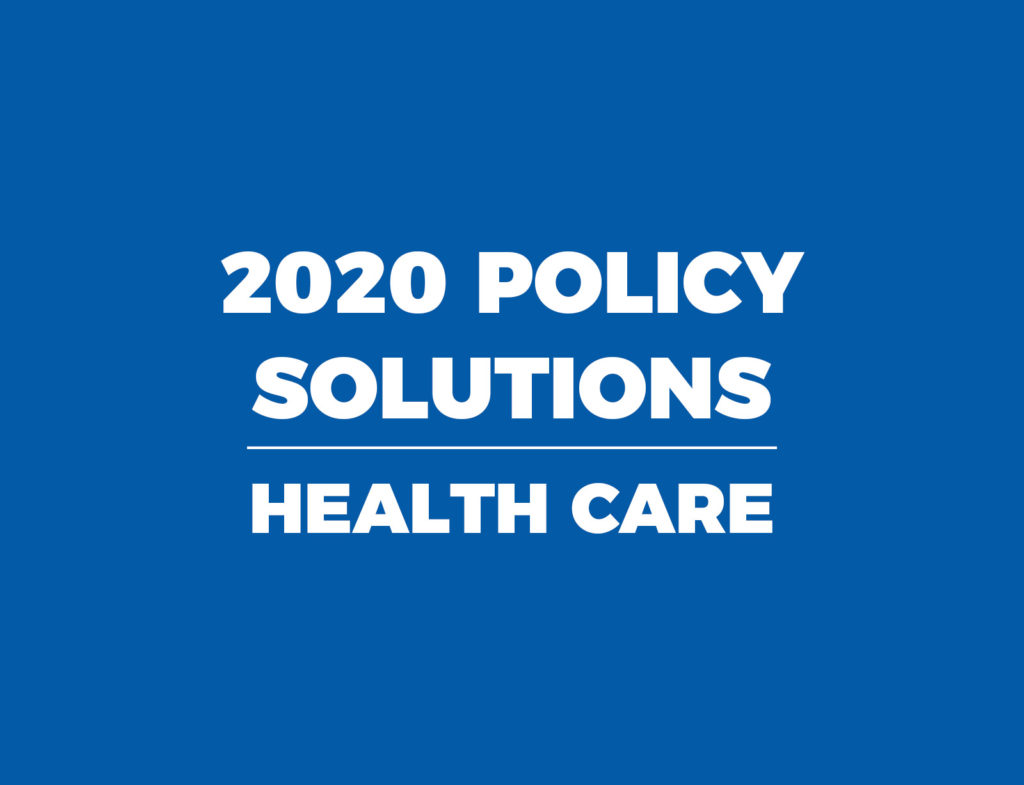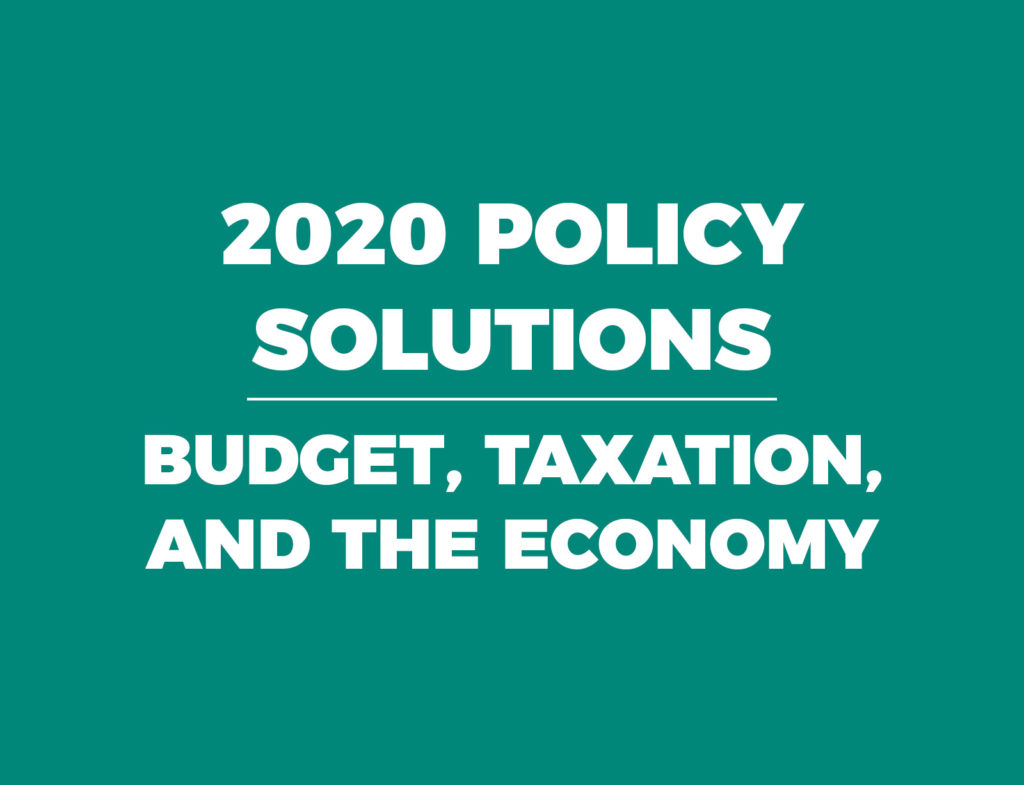Introduction
Updated as of January 2020.
The idea of a new convention center appeals to city and county leaders’ civic pride and aspirations. They expect the new center to be a huge boost to the local economy, bringing in lots of newcomers who will pay special taxes on hotel rooms, car rentals, and prepared meals.
It is important to realize their peers in countless cities across the state and nation have the same dreams for their convention and event centers. And that gives a hint at why publicly funded convention centers are usually expensive money losers. There just aren’t that many events out there for the taking, and there’s an oversupply of convention space.
Convention and event center projects come packaged with impressive economic-impact studies that anticipate wide utilization with great spillover effects for hotels, restaurants, transportation services, and retailers. But results rarely match the projections. As a consequence, the centers begin offering discounted rates as the cities offer greater subsidies to keep the centers going. Actual attendance tends to be those who live in the area or in the state — people who would already have been spending locally (netting no actual impact) or who are less likely to stay overnight and dine.
In his 2014 book “Convention Center Follies,” Heywood T. Sanders, professor of public administration at the University of Texas at San Antonio and the nation’s top scholar on convention centers, wrote: “In city after city, from Anaheim and Atlanta to Seattle and Washington, D.C., the consultant forecasts simply are not realized, the actual center performance in terms of new convention and tradeshow attendees and hotel room nights often half or a third of what the consultants promised.” Despite that, Sanders found no evidence that the forecast errors were even acknowledged by consultants to improve their forecasting.
The consultants’ reports are biased to produce “deal of a lifetime” projections to pressure leaders to support the projects. As one Belmont, North Carolina city councilman said about such studies, “no elected official wants to stand up and say ‘I’m standing in the way of new jobs.’”
The public venture also squelches private ventures, an unseen harm to the economy. Municipal convention centers compete against private centers, such as the Koury Center in Greensboro and the Sea Trail Convention Center in Brunswick County, as well as hotels offering their own meeting spaces, including smaller options. This unfair competition can be exacerbated by city-subsidized hotels and restaurants placed near the convention center.
Key Facts
- In 2016, the John Locke Foundation warned that the Rocky Mount Event Center would result in “tens of millions of dollars in additional tax burden” falling on taxpayers in Rocky Mount. From 2016 to 2018 the City of Rocky Mount approved three property tax increases “dedicated to the Rocky Mount Event Center debt payments.” Rocky Mount’s 2020 budget for the Rocky Mount Event Center projected spending far more on operating the center ($2.5 million) than it expected in center revenues ($1.83 million), and that didn’t even count the $3.1 million debt service payment.
- The proposed 2019 budget for the City of Raleigh included more money for debt service for the Raleigh Convention Center than it proposed for its operations. The annual debt service for the Raleigh Convention Center was nearly $20 million, compared with nearly $19.2 million for operations.
- In 2019 the City of Charlotte began an expansion of the Charlotte Convention Center expected to cost $110 million. The Charlotte Observer reported that “the Charlotte Regional Visitors Authority says the meeting market has changed, with planners demanding more breakout rooms, space for smaller meetings, and less square footage of floor space for massive exhibitions.” This speaks to the disconnect between the varying needs of organizations and companies that host conventions and perceptions of their needs by elected officials.
Recommendations
- Resist public funding of private ventures, including convention and event centers. Private investors risking their own capital are better poised to recognize viable opportunities than elected officials whose expertise lies elsewhere, and local governments have no business entering into competitive enterprises. Avoid cronyism, sweetheart deals, and playing favorites with the tax code for those projects.
- Demand a true cost/benefit analysis of a proposed project. Consultants’ economic-impact reports are notorious for overstatement. A disinterested third party, such as an economist from one of North Carolina’s many universities, should evaluate a project responsibly, including accounting for opportunity costs and unforeseen negative consequences.
- Make taxes and zoning less restrictive. Look beyond the downtown core. Lowering or at least freezing property tax rates will boost homeowners and businesses across the whole area. It will make the area more attractive to investors, developers, and businesses in many ways. Less restrictive zoning can encourage business growth, local innovation, creative uses of space, and outside interest.



